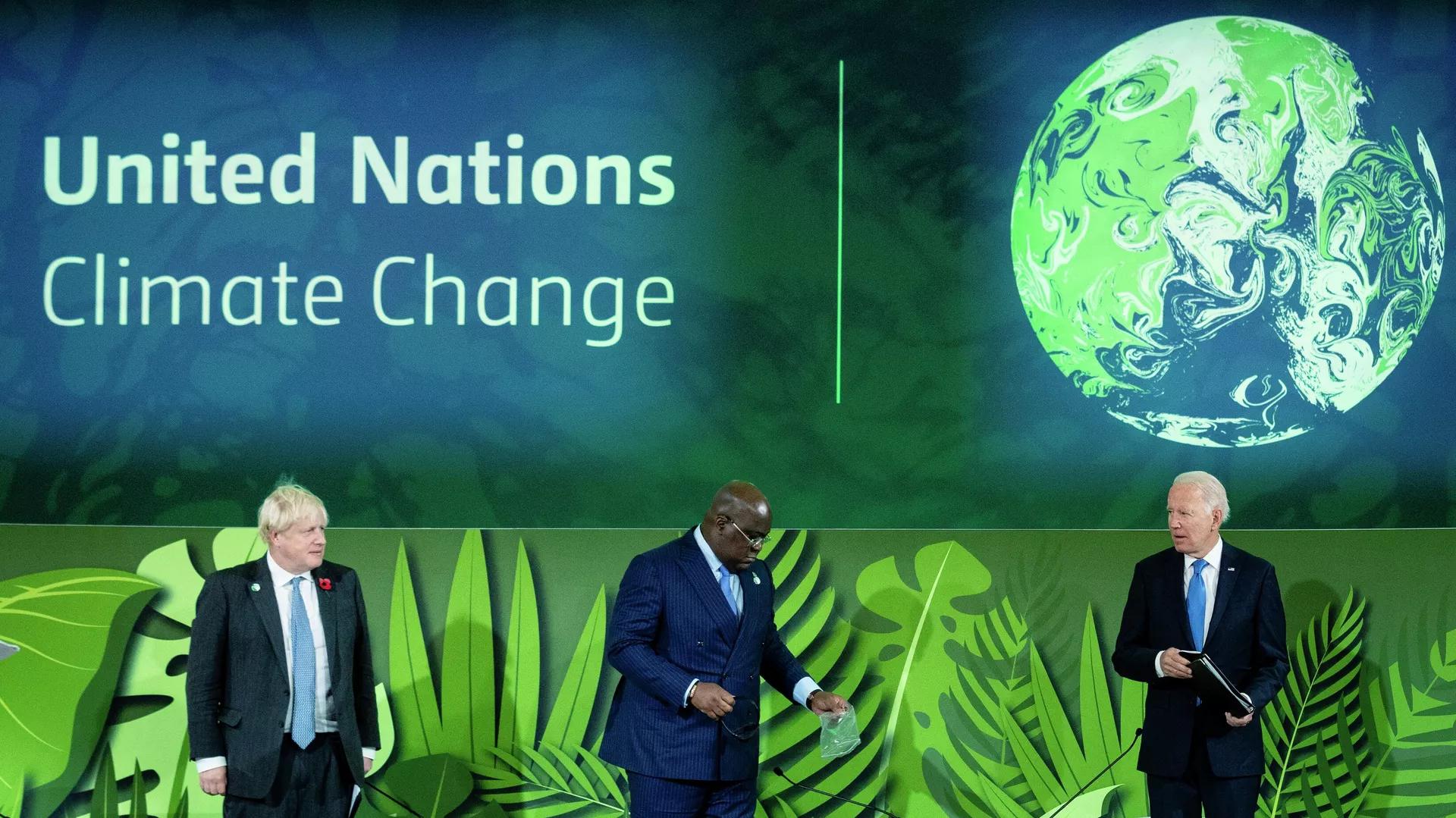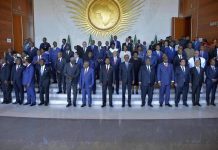Africa-Press – Botswana. The United Nations Climate Change Conferences are held annually in different countries and focus on dealing with climate change-related issues such as limiting global warming and stabilizing greenhouse gas concentrations, among others. This year, the event is slated to take place in early November in Egypt.
On October 3-4, the environment ministers of about 50 countries, as well as US climate envoy John Kerry, arrived to take part in the African climate summit in Congo’s capital Kinshasa. The summit will be held ahead of the 2022 United Nations Climate Change Conference (COP27), scheduled for November 6-18, 2022.
The summit’s program includes an opening ceremony in the Congolese parliament, an opinion exchange on topical climate issues and the discussion of financial help to the countries, which have already been affected by negative changes in the climate.
In 2009, at the United Nations climate summit in Copenhagen, the world’s high-income countries pledged to loan low-income countries an annual $100 billion in climate finance by 2020. This is, by the way, far from the total needed to tackle climate change, a report from the Intergovernmental Panel on Climate Change, released on February 28, 2022 reads.
However, despite 2020 already being gone, the aim hasn’t been reached yet and it seems doubtful that this goal will be reached this year, according to the same report.
At the same time, an environmental group, Greenpeace, bashed the DRC government’s recent decision to put up 30 oil and gas blocks up for sale and pledged to launch a petition in order to seek international support to block the Congolese authorities’ ambition, referring to the presence of peatlands in the African country.
Nevertheless, the DRC’s authorities argue that drilling for oil and gas is a chance for the country to diversify its economy and improve the living standards of of the poverty-struck Congolese people.
According to a publication in The Lancet Planetary Health, the Global South, including the African countries, is responsible for only 8% of the global carbon emissions, while the Global North accounts for the rest.
However, the West keeps opposing African countries in their strive to exploit their natural resources under the pretext of climate change as an urgent continental and world-wide problem, protesting against the development of real infrastructure projects in African countries.
In particular, on September 15, the EU passed a resolution which blamed The East African Crude Oil Pipeline (EACOP) for “posing environmental risks” and called the international community to “exert maximum pressure on the Ugandan and Tanzanian authorities,” the project’s owners.
Uganda’s Deputy Speaker of Parliament Thomas Tayebwa described the EU’s resolution as the “highest level of neocolonialism and imperialism,” while the chairman of the Association of Tanzania Oil and Gas Service Providers (ATOGS), Abdulsamad Abdulrahim, explained that the project is needed to improve African people’s living standard amid undergoing world energy crisis.
For More News And Analysis About Botswana Follow Africa-Press






